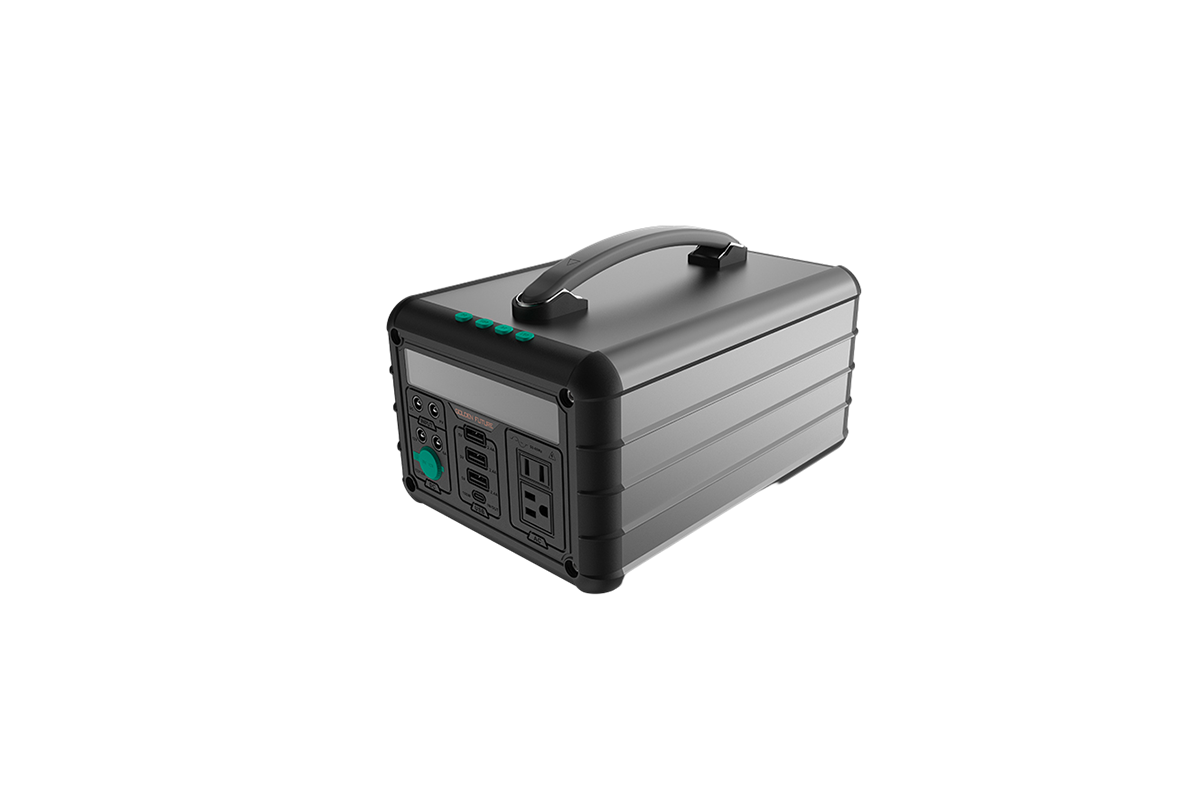

Time:2025-09-18 Views:1

CE certification is a crucial milestone for sodium batteries energy storage systems aiming to enter the European market. This certification mark indicates that the sodium battery - based energy storage system complies with the essential health, safety, and environmental protection requirements stipulated by European Union (EU) directives. For sodium batteries, which are increasingly recognized for their potential in large - scale energy storage, obtaining CE certification is not only a regulatory necessity but also a testament to the system's reliability and quality.
When it comes to the CE certification process for sodium batteries energy storage systems, several key aspects are thoroughly evaluated. First and foremost, electrical safety is of utmost importance. The system must be designed to prevent electrical hazards such as electric shocks, short - circuits, and over - voltage situations. This involves ensuring that all electrical components, including the battery cells, inverters, and control systems, meet strict safety standards. For example, insulation materials used in the system should have high dielectric strength to prevent leakage currents, and protective devices like fuses and circuit breakers must be appropriately sized and installed to safeguard against excessive currents.
Mechanical safety is another critical area of assessment. The physical structure of the sodium battery energy storage system, including the battery enclosures and support frames, must be robust enough to withstand normal handling, transportation, and operational conditions. It should be designed to prevent accidental contact with live parts and protect the internal components from mechanical damage. Additionally, the system's thermal management features are carefully scrutinized. Since sodium batteries can generate heat during operation, effective thermal management is essential to prevent thermal runaway and ensure safe operation. The CE certification process verifies that the system has reliable cooling or heating mechanisms, as well as proper temperature monitoring and control systems.
In terms of electromagnetic compatibility (EMC), the sodium batteries energy storage system must not generate excessive electromagnetic interference that could disrupt other electronic devices in the vicinity. At the same time, it should be immune to external electromagnetic disturbances to ensure stable operation. Furthermore, environmental protection requirements are also considered. The system should be designed in a way that minimizes its impact on the environment, such as reducing the use of hazardous substances and ensuring proper disposal of components at the end of their life cycle. By obtaining CE certification, sodium batteries energy storage systems can gain the trust of European consumers and businesses, facilitating their integration into the European energy storage market.
Read recommendations: